UnitingWorld farewells Rev Dr Seforosa Carroll
Colleagues and friends of Rev Dr Seforosa (Sef) Carroll gathered at St Stephens Uniting Church in Sydney on Tuesday to say farewell and celebrate Sef’s work and ministry.
Since joining UnitingWorld in 2014, Sef has been a been a powerhouse of theology, church partnership-building, teaching on gender equality and climate change, and advocacy that has stretched from the streets of Sydney (helping lead the 2015 Climate March) to the halls of Federal Parliament.
As Manager of Church Partnerships in the Pacific, Sef brought a personal drive to UnitingWorld’s gender equality and climate justice work in the Pacific. UnitingWorld’s entire approach to climate change through the lens of faith and identity was born of a pilot project that Sef established in Tuvalu.
At the farewell service at St Stephens, Sef reflected on her first visit to Tuvalu and the impression it left on her.
“Of all the things that had an impact while at UnitingWorld, visiting Tuvalu impacted me most. Speaking to the people and experiencing their situation radically changed my idea of ‘home,’” said Sef.
This influenced the direction of her academic studies, and in 2017 Sef was selected by the Center of Theological Inquiry at Princeton University as a resident member of the 2017-2018 Research Team on the Inquiry on Religion and Migration. Sef’s research paper was called ‘Reimagining Home: migration, identity and law in a changing climate.’
While at UnitingWorld, Sef helped create and teach resources on Gender Equality Theology and contributed to other publications on Pacific theology, climate change, and feminism and Christianity in the Global South.
At the farewell service, Sef thanked UnitingWorld colleagues and honored the Pacific women she’s worked with.
I’ve been blessed to walk alongside so many women from across the Pacific on gender equality and theology. People like me come and and go, but the women have to stay and push the work forward.”
UnitingWorld National Director Dr Sureka Goringe commended the legacy of Sef’s work.
“In the past five years, I have seen Sef walk into rooms that did not easily make space for her and teach with God’s anointing; I have seen her untangle complicated relationships with wisdom and sensitivity; I’ve seen how people don’t just respect her wisdom, but love her for her passion and integrity,” said Dr Goringe.
“Her work has catalysed a change in theology and connection that will last beyond all our jobs here. UnitingWorld is not an academic institution, but the teaching and research, the mentoring and counselling that Sef has done with us has had a reach and impact that I think would be the envy of any academic.”
Uniting Church in Australia President Dr Deidre Palmer preached a sermon on Micah 6:6-8 and John 4:3-30, challenging people to consider how Jesus leads us beyond social, political and religious barriers.
“Jesus intentionally entered (hostile) Samaritan territory and engaged in a theological conversation with a woman. In working for gender justice, we are following in this way of Jesus; calling women into life-giving encounters with the one who is the Messiah, the Saviour of the world,” said Dr Palmer.
“Where are we locating ourselves? Are we intentional about placing ourselves in situations of solidarity with those who are exploited, diminished, or silenced? [These are] places where Jesus leads us.”
Dr Palmer also celebrated Sef’s ministry and approach to mission.
“As you have reminded us in your teaching and actions, ‘doing justice and walking humbly with God’ draws us into communion with the whole Creation.”
“In all of your ministry and into the future we pray you will be blessed with hope and joy through being part of this collaborative community of Christ, woven together by the love and grace of the Holy Spirit.”
We wish Rev Dr Carroll every blessing in her exciting new global role and we can’t wait to see what God has in store for her.
(We can’t give details of her new position yet but will update you when we can!
Support the Global Climate Strike on 20 September 2019!
Click here to sign our petition

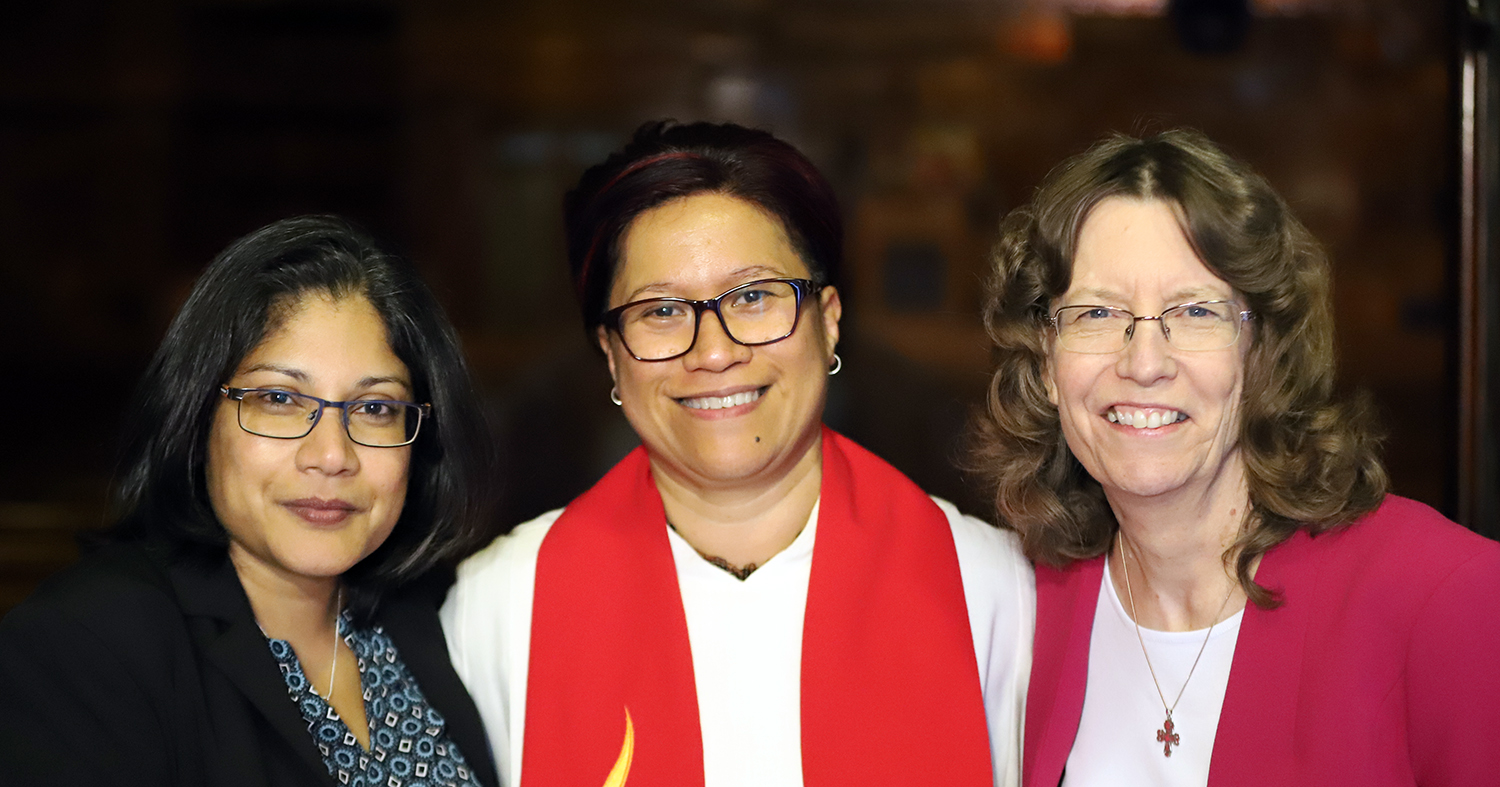
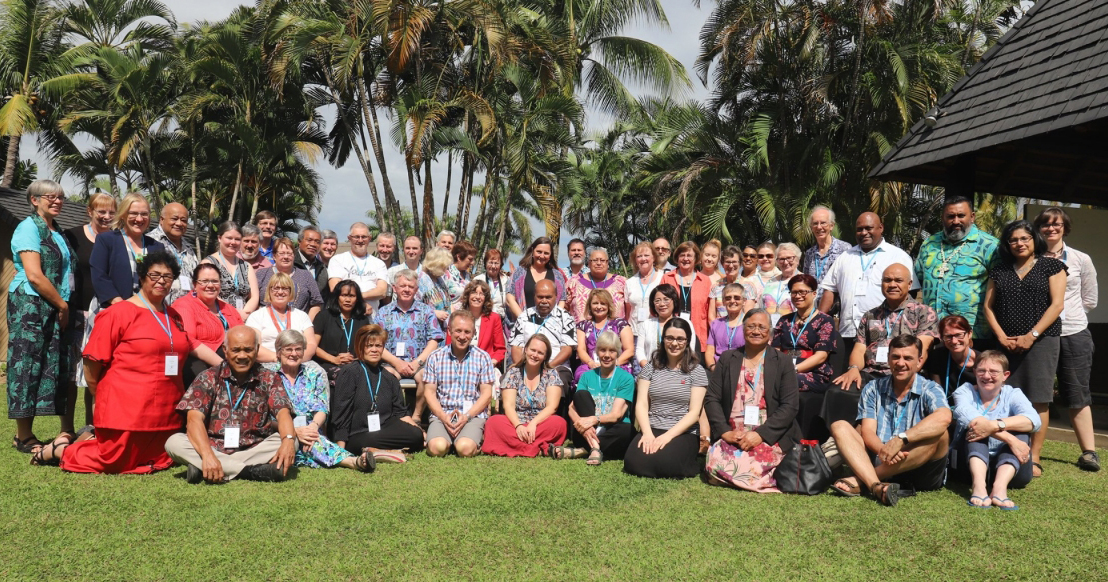

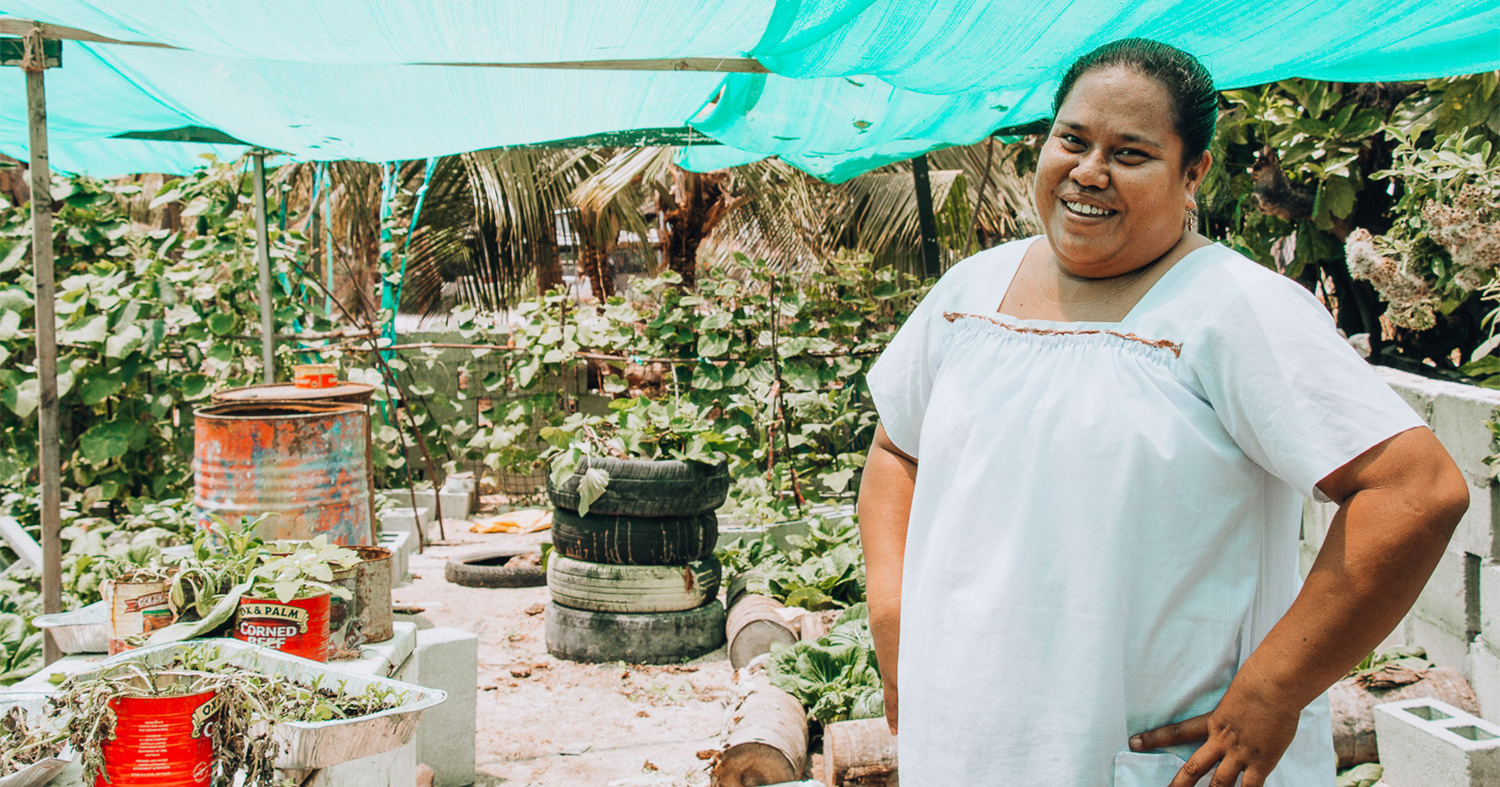
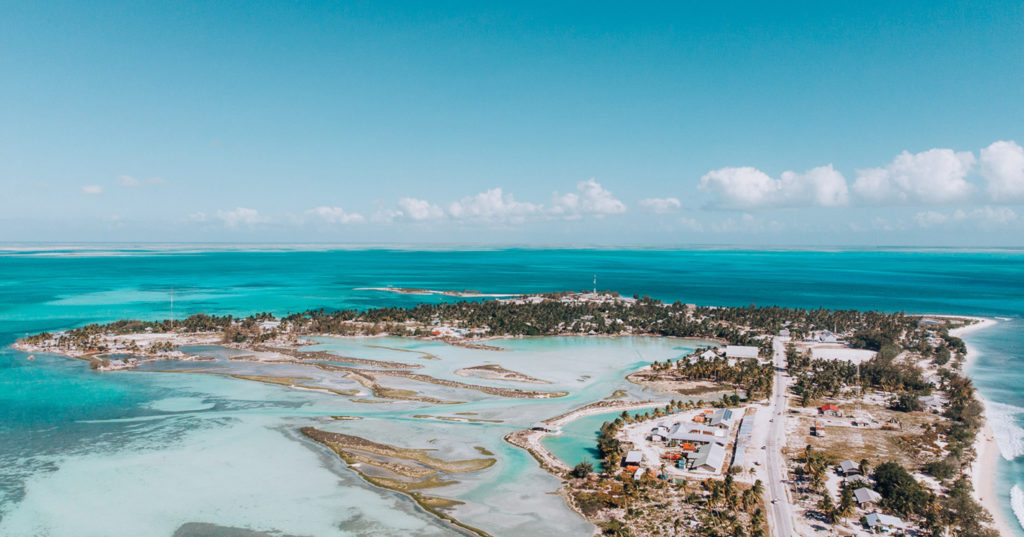
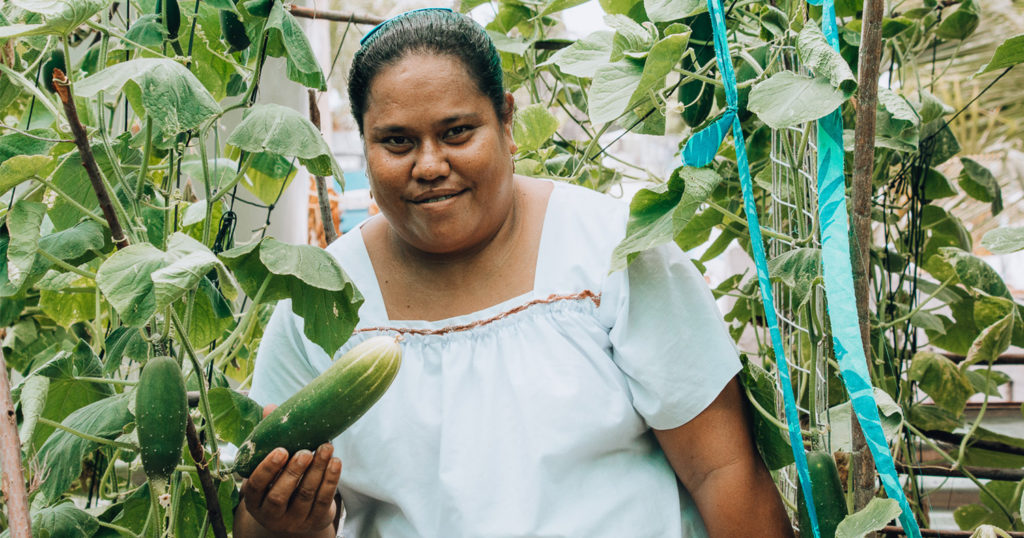
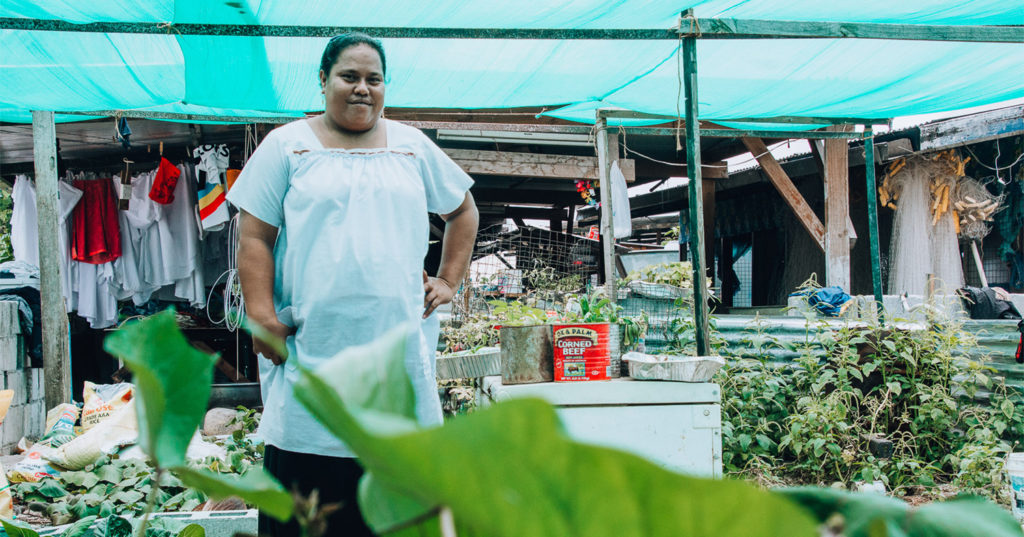
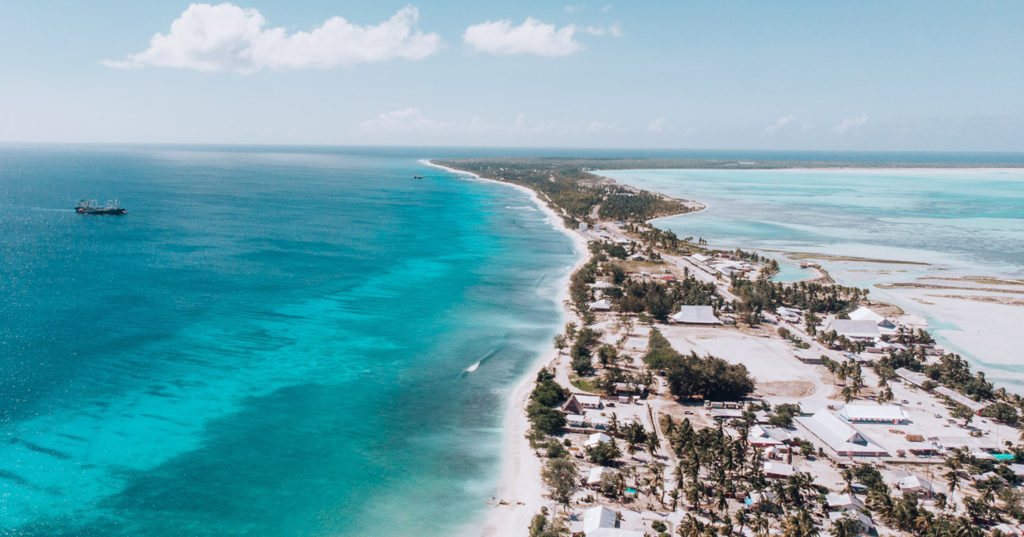
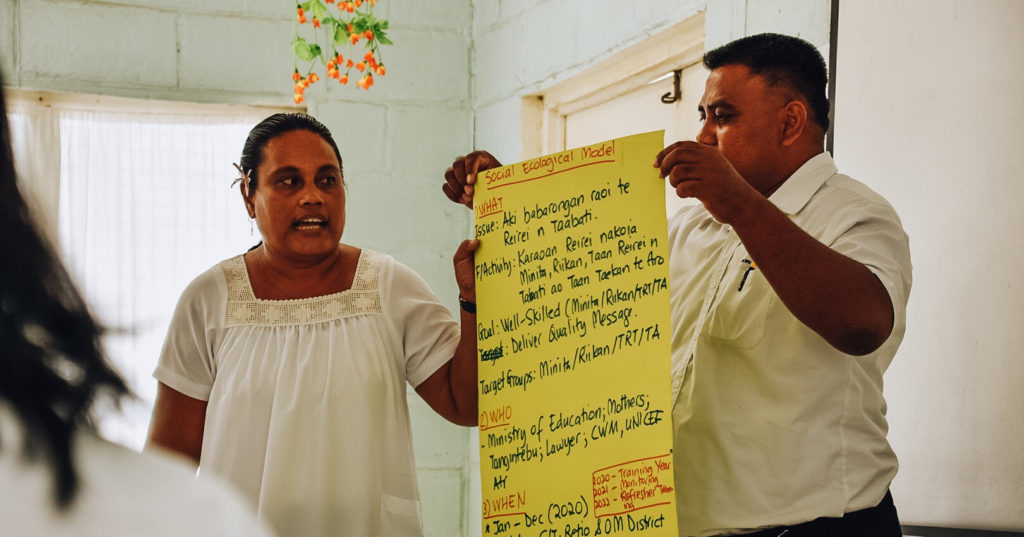
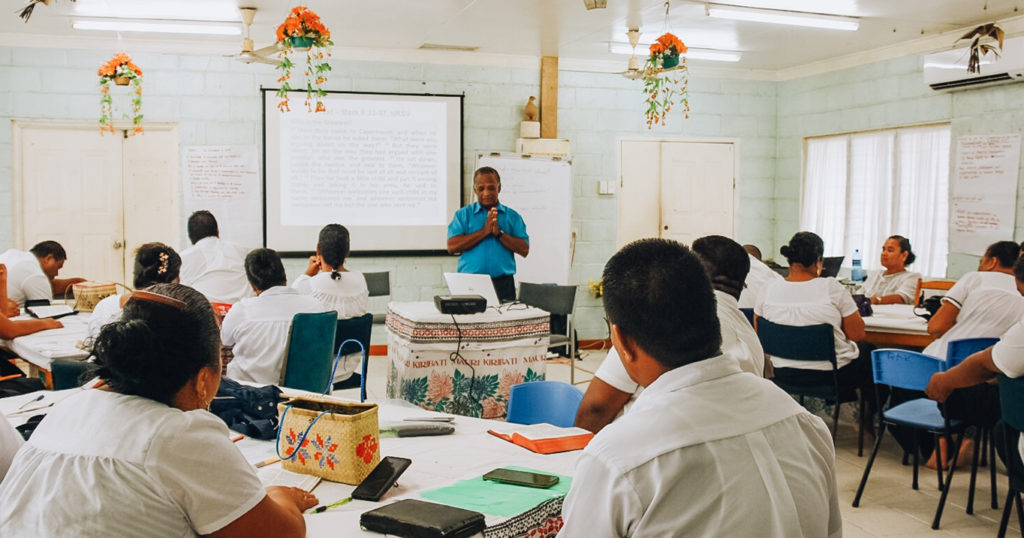

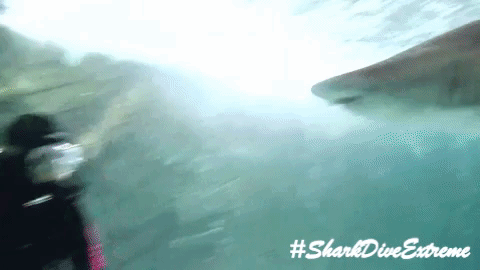

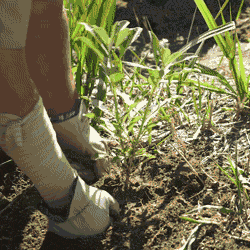

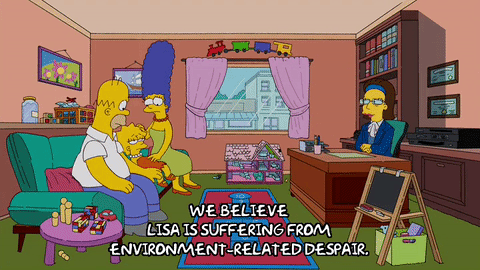
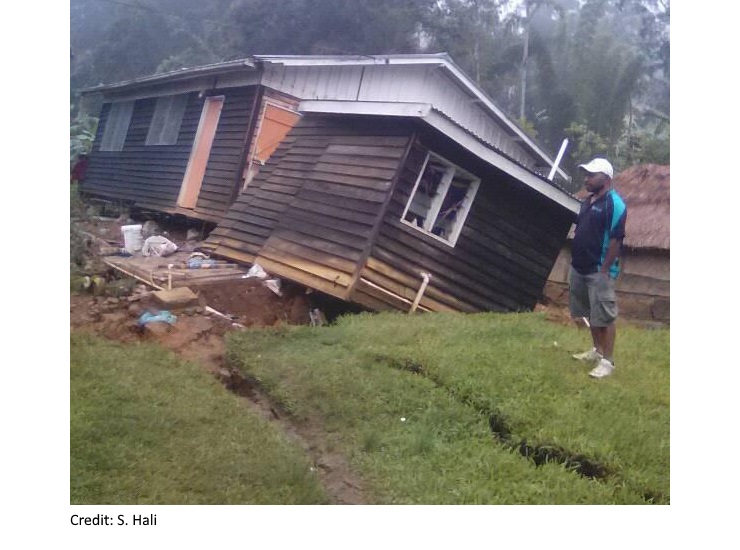
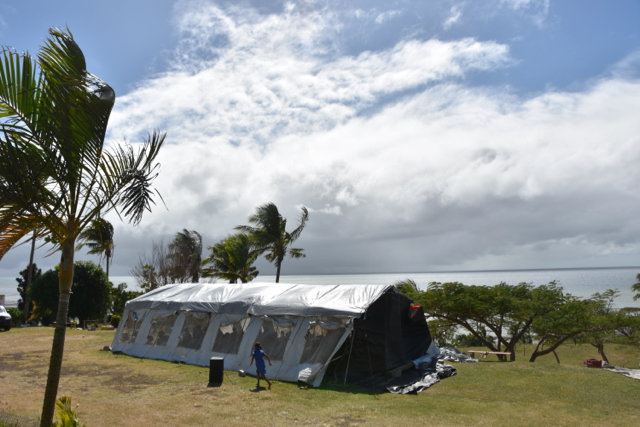
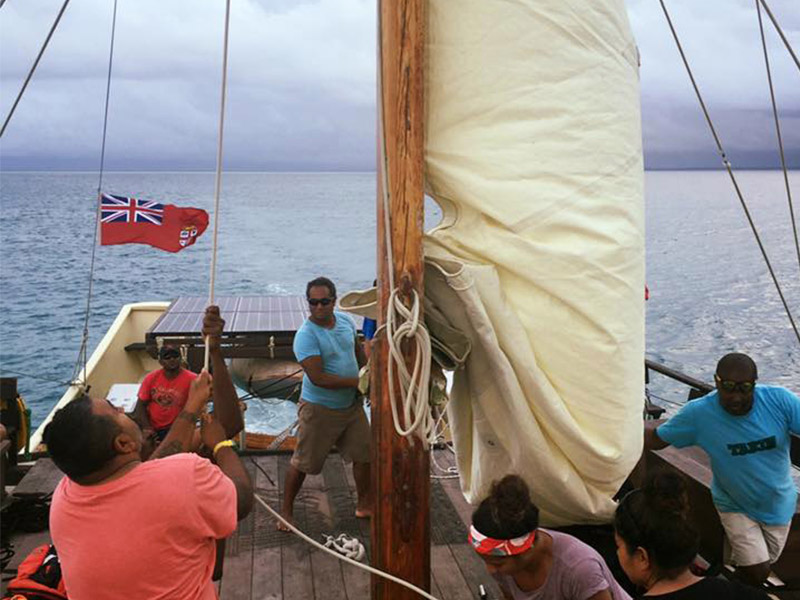
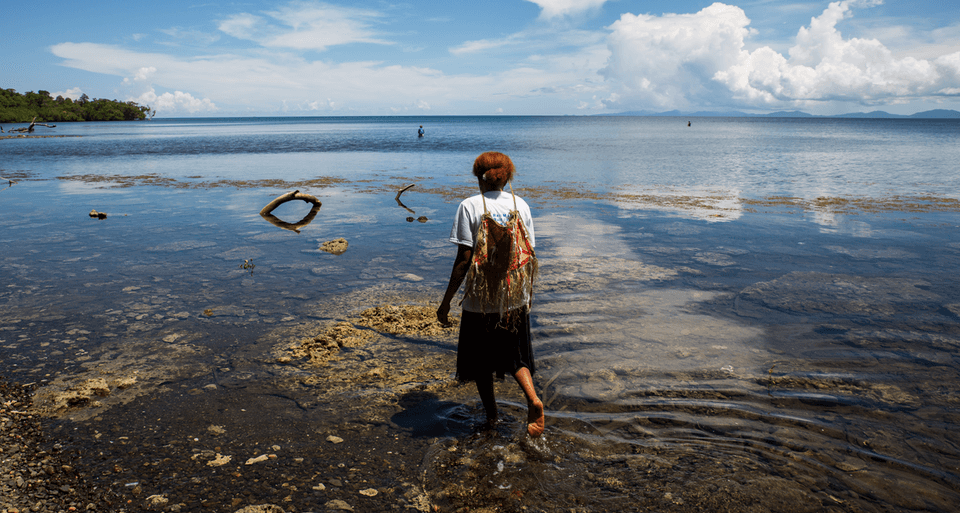

 You can find out how to SPEAK UP for responsible environmental policies by checking out the work of our partner here in Australia,
You can find out how to SPEAK UP for responsible environmental policies by checking out the work of our partner here in Australia,